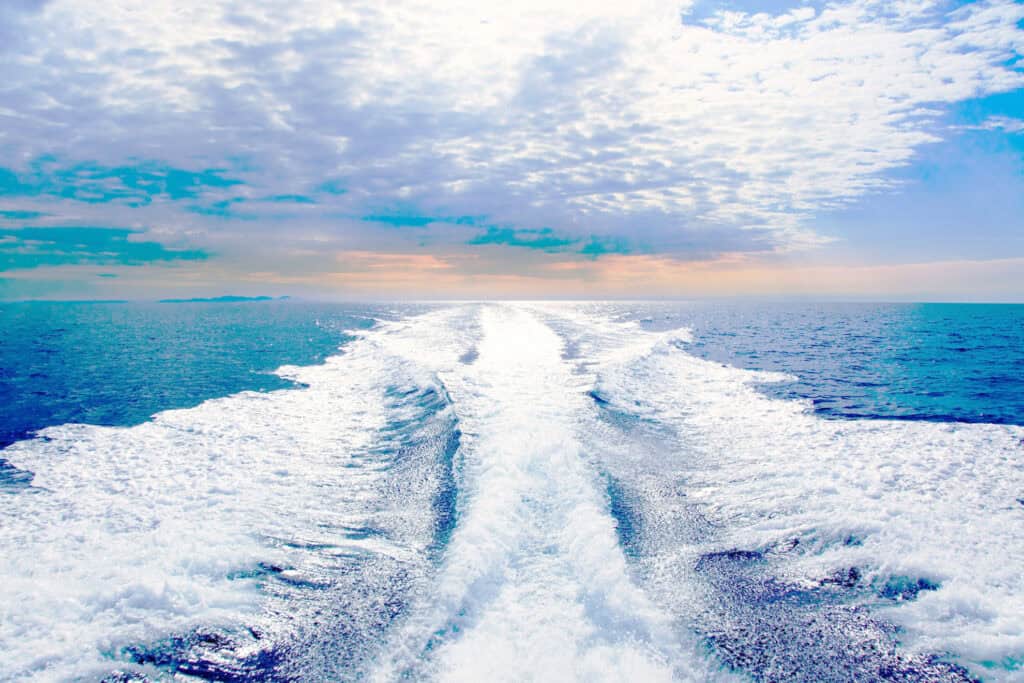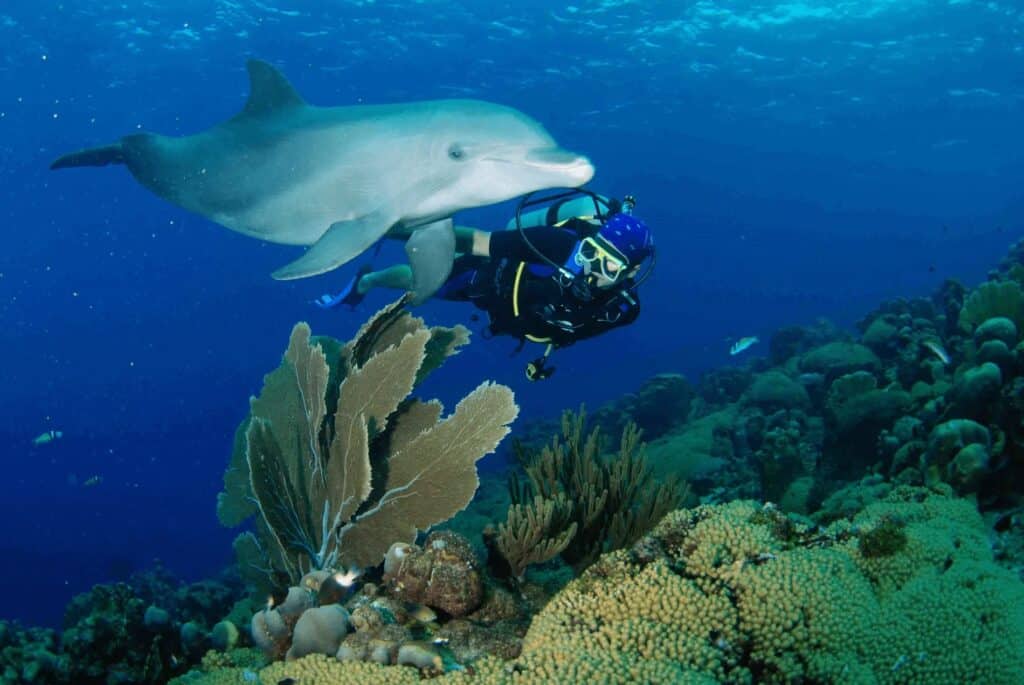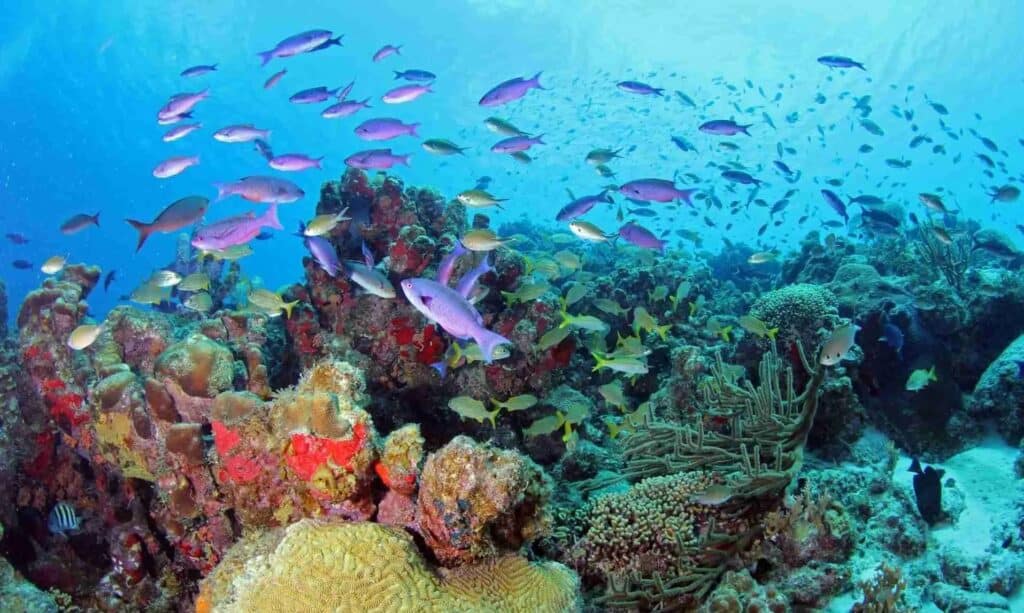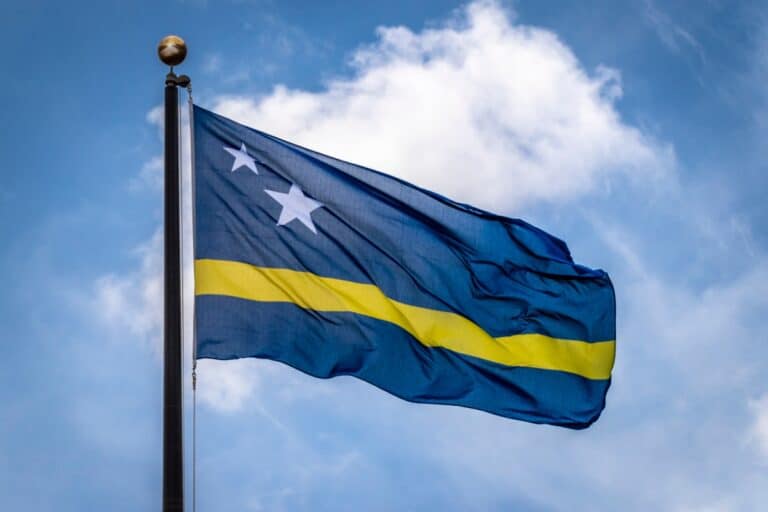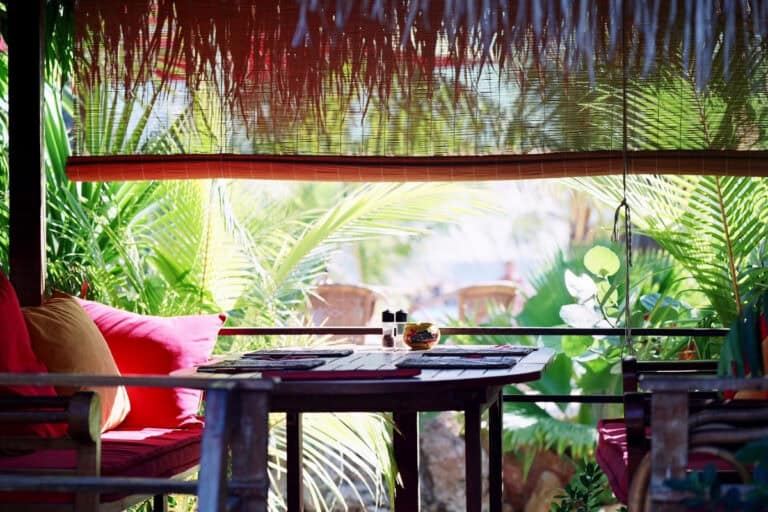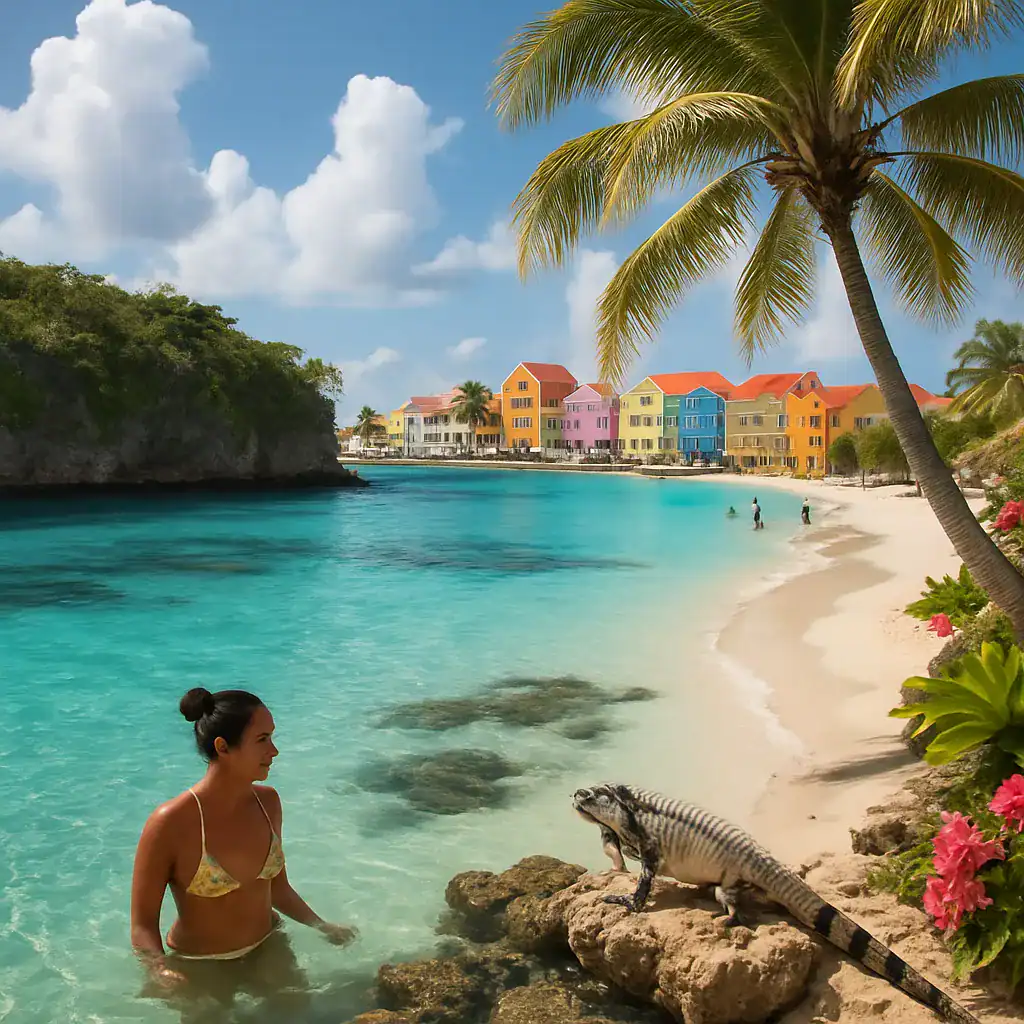
What should I be careful of in Curaçao?
Key safety and health considerations for Curaçao travelers
You arrive in Curaçao and ask, what should I be careful of? The quick answer is simple: in tourist areas, petty theft can occur if you leave bags unattended or flash valuables while walking. Keep your cash and cards secure, use the hotel safe, and choose well-lit, busy routes after dark. Be mindful of your surroundings, especially near popular beaches, markets, and transportation hubs. Follow local law and posted signs—obey speed limits, always use seat belts, and respect local rules about alcohol and nightlife. Carry a basic plan for emergencies and know the correct emergency numbers to call if needed. Consider travel insurance that covers theft and medical needs so a mishap doesn’t derail your trip.
On the health and safety front, Curaçao offers warm days and bright sun, so you should use effective sun protection and skip reef-damaging products; choose reef-friendly sunscreen. Stay hydrated, pace your activities, and watch for signs of heat exhaustion. There is a range of Medical Facilities across the island, especially in Willemstad, with clinics and hospitals that can handle routine care or urgent needs. For water activities such as diving, jet skiing, snorkeling, or paddleboarding, wear appropriate safety gear, follow guides, and respect marine life. Dengue fever is possible during the wet season, so use insect repellent and wear long sleeves at dusk. If you feel unwell, seek medical attention promptly and contact local authorities if you need help. A quick plan and good coverage let you enjoy Curaçao with confidence.

Luxury car rentals in Curaçao
Experience transparent pricing and exceptional service with Rent Car Curaçao. Choose from luxury vehicles elevate your Curaçao adventure.
In-Depth Safety and Health Considerations for Curaçao Travelers
Legal and Regulatory Context for Travelers
On arrival, understand how Curaçao operates within the Kingdom of the Netherlands. While the island maintains its own local regulations, Kingdom of the Netherlands oversight and Dutch law shape certain rules, including entry, residency, and consumer protections. For scenarios requiring official assistance, know the contact details of the Royal Netherlands Embassy and how to reach consular services. If you plan inter-island travel within the ABC islands, be aware of varying entry rules and local guidelines. Staying compliant supports smooth experiences during tours, transfers, and excursions.
- Carry a copy of your passport and travel insurance information at all times
- Keep emergency numbers saved in your phone and a small printed card in your wallet
- Respect alcohol and nightlife laws to avoid penalties
Health Protocols and Vaccination Guidance
As a traveler, prioritize health planning to minimize disruptions to your trip. Always check with a healthcare provider about routine vaccinations and destination-specific recommendations. Depending on your travel origins, you may encounter yellow fever screening requirements or advisories. Curaçao also presents a risk for common tropical illnesses, so practice robust insect repellent use and attire choices. When planning water activities, arrange insurance that covers medical needs and potential evacuation; this connects directly to safety outcomes and the ability to recover quickly from illness or injury. Be mindful of HIV/AIDS Restrictions that may apply in certain contexts and ensure you comply with any local health advisories. Implementing comprehensive planning supports healthier experiences across all activities.
Security and Crime Prevention
Petty crime can occur in tourist areas, especially where valuables are left unattended. Plan practical measures such as using hotel safes, securing bags, and sticking to well-lit, busy routes after dark. In crowded spots like markets and beaches, stay aware of surroundings and avoid flashing expensive gear. Understanding local norms reduces risk and improves interactions with locals and service providers.
- Use reputable guides and tour operators with clear safety procedures
- Limit the movement of large sums of cash and valuables
- Keep a basic plan for emergencies and know when to seek help
Medical Facilities and Emergency Readiness
Curaçao offers a range of Medical Facilities across Willemstad and other towns, including clinics and hospitals capable of routine care and urgent needs. Before departure, confirm your health coverage and the process for medical evacuation if necessary. In-water activities require appropriate safety gear and adherence to guide instructions. Keep emergency numbers handy and know where to go for treatment or advice in case of accidents or illness.
Language and Cultural Considerations
Communication on the island benefits from awareness of the local language, including local language Papiamento, and commonly used Dutch and English in tourist areas. Basic phrases can enhance safety and service interactions, but always approach with respect for local customs and regulations. Understanding cultural norms supports smoother experiences in markets, restaurants, and transport hubs.
Practical Tips for Water Activities and Marine Environments
Respect the coral ecosystems and marine life you encounter during adventures such as diving, snorkeling, or jet skiing. Use reef-friendly equipment and follow guides’ instructions to minimize environmental impact and personal risk. Staying hydrated, wearing sun protection, and planning activities with consideration for heat and fatigue will improve your health outcomes during excursions. If you have concerns about health or safety during water sports, consult providers who can tailor experiences to your skill level.
Quick Reference Safety and Health Checklist
| Aspect | Recommendation | Notes |
|---|---|---|
| Legal | Know your visa requirements and embassy contacts | Contact Royal Netherlands Embassy if needed |
| Vaccinations | Check routine vaccinations and advisories | Consult physician prior to travel |
| Insect Protection | Use effective repellents | Be aware of dengue risks |
| Food Safety | Choose reputable eateries and check hygiene | Avoid high-risk foods when unsure; follow food safety measures |
| Security | Secure valuables, avoid unattended items | Stay in groups when possible |
What should I be careful of in Curaçao? - FAQ
What water safety gear should I bring for Curaçao’s aquatic activities?
A practical starter kit helps you enjoy Curaçao’s crystal-clear waters safely. Include a waterproof pouch to protect valuables, water shoes, and a properly fitted life vest for kids or beginners. Add a basic first-aid kit, a wide-brim hat and a reusable water bottle, plus a small whistle. Follow your guide’s safety instructions, stay hydrated, and store gear securely when not in use to reduce risk during activities. Consider packing a lightweight rain jacket for sudden showers and a compact towel.
Is Curaçao family-friendly for travel with children, and how should we move around?
Yes, Curaçao can be family-friendly with careful planning. For short rides, try Bicycle rentals in safe neighborhoods and organized bike tours. The public transportation system offers budget options, but schedules can be irregular, so a backup plan is wise. Choose shaded routes, travel during daylight, and avoid peak traffic. Pack sun protection, water, snacks, and a lightweight first-aid kit. Look for kid-friendly beaches and calm markets to keep days enjoyable. Ensure accommodations with child-friendly services and check local healthcare access near your stay.
What health precautions should I take regarding tropical diseases when visiting Curaçao?
Prioritize personal protection and vaccination planning. Ensure routine vaccines are up to date and consult your doctor about destination-specific advice. Avoid standing water during the rainy season to reduce dengue risk, and use a good insect repellent. In case of illness, know where to seek care and have travel insurance that covers medical evacuation. Be mindful of Natural Disasters risk awareness and emergency protocols that can affect health decisions.
What should I know about local laws and emergency contacts during a Curaçao trip?
Curaçao operates under Dutch law with local rules; know the Kingdom of the Netherlands’ framework and how to contact the Royal Netherlands Embassy for consular assistance if needed. Carry a copy of passport and insurance, and memorize emergency numbers. If crossing between islands, follow island-specific guidelines. Always respect alcohol laws and nightlife rules to avoid penalties and ensure a smooth visit. Have a simple plan for emergencies and know where to seek help. Consult local authorities if unsure and keep translations handy.
How can I realistically prevent petty theft in Curaçao’s tourist areas?
Petty theft can occur, so practical steps help. Use an in-room safe for valuables and secure bags with clasps or locks. Avoid flashing expensive gear on busy streets and beaches, especially at markets. Stay in well-lit routes after dark and travel with companions when possible. Use reputable guides, keep photocopies of important documents, and carry only what you need. A prepared mindset reduces risk and supports a safer, more enjoyable trip.
What should I know about medical facilities and emergency contacts in Curaçao?
Curaçao offers Medical Facilities across Willemstad and beyond, including clinics and hospitals capable of routine care and urgent needs. Before departure, confirm your health plan and understand the process for medical evacuation if required. For after-hours needs, note the Emergency After-Hours Telephone and how to reach local clinics or hospitals. When planning water activities, ensure your policy covers injuries and evacuation, and always follow guides’ safety instructions.
What cultural norms and language tips help make Curaçao visits smoother?
Understanding local language cues helps. In tourist areas you’ll hear English and Dutch, and Papiamento phrases are appreciated. Greet people with a friendly hello, and ask permission before photos. Dress modestly in markets and historic sites, and respect religious or community customs. Using clear, polite communication reduces misunderstandings and enhances safety. When in doubt, ask guides or hotel staff for simple translations and etiquette tips.
What precautions help protect Curaçao’s reefs while enjoying snorkeling and diving?
Respect marine life and the reef by staying a safe distance from corals and avoiding touch. Use appropriate equipment and follow your guide’s instructions. Choose reef-friendly practices and avoid sunscreen that harms corals; keep your waste contained. Plan parking and transport to minimize pollution, and consider visiting protected sites like Christoffel or Shete Boka with a licensed operator. Always hydrate and monitor fatigue; long sessions require breaks to protect both you and the environment.
Are there practical travel tips for moving between Curaçao and nearby islands like Aruba and Bonaire?
Yes, inter-island travel adds variety. Check ferry or flight options, schedules, and visa needs, as rules differ by island in the ABC islands. Book transfers with reputable providers, carry copies of IDs and insurance, and plan daylight departures for safety. Use well-lit transport and avoid late-night routes. Familiarize yourself with local emergency numbers and know where to seek care on each island if needed.
What resources help plan safe activities and find deals for Curaçao adventures?
CuracaoTodo serves as your discovery hub to compare and book experiences, including island deals and verified operators. Look for clear safety procedures and read reviews to verify standards. Use trusted options like Diving Travel Curaçao and other providers with documented safety records. Confirm insurance coverage and read the terms, then prepare a flexible itinerary that allows rest after strenuous water sports. Have emergency numbers ready and a simple plan for medical needs abroad.
Discover the Wonders
of Klein Curaçao
Experience the untouched beauty of Klein Curaçao, a hidden paradise with stunning beaches and rich marine life. Perfect for snorkeling, diving, or simply relaxing in the sun.
Popular subjects
Luxury car rentals in Curaçao
Experience transparent pricing and exceptional service with Rent Car Curaçao. Choose from luxury vehicles elevate your Curaçao adventure.
Subscribe to our newletter
Discover the Wonders of Klein Curaçao
Experience the untouched beauty of Klein Curaçao, a hidden paradise with stunning beaches and rich marine life. Perfect for snorkeling, diving, or simply relaxing in the sun.

